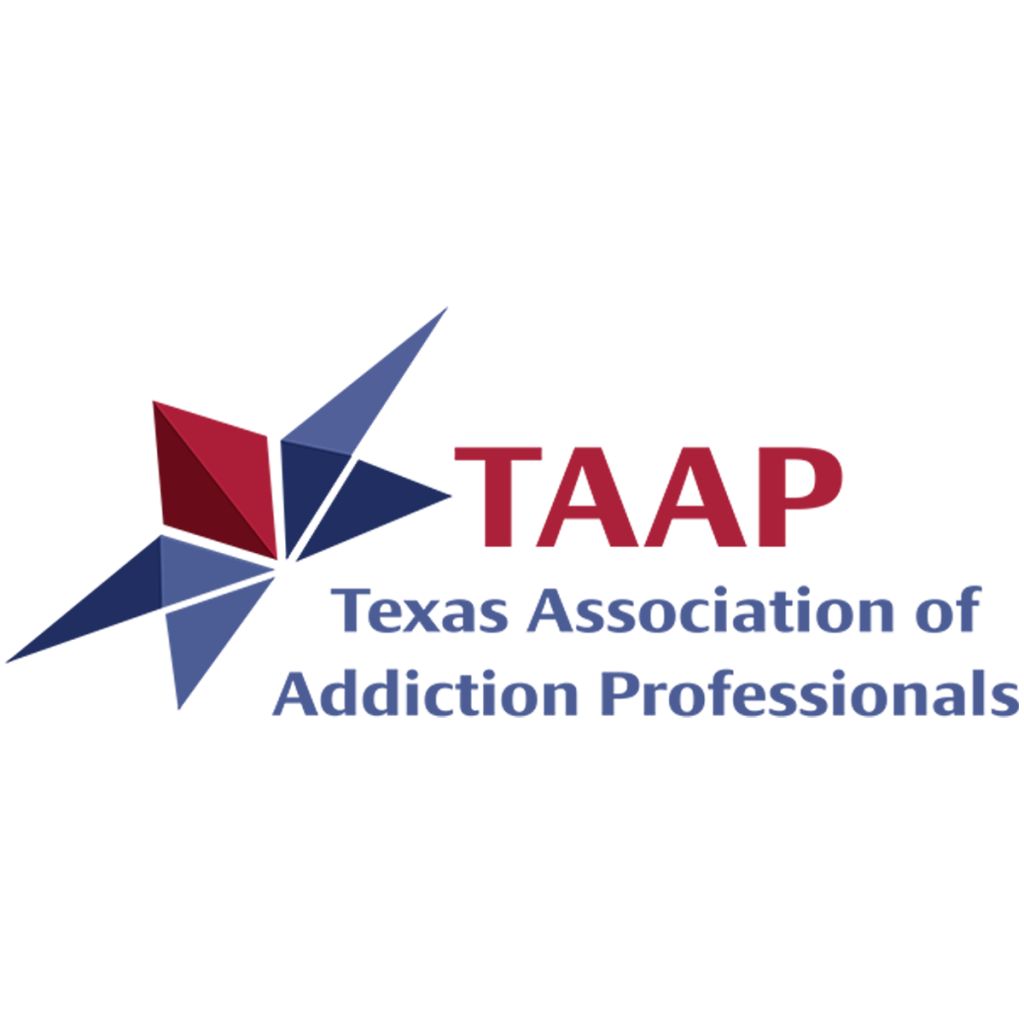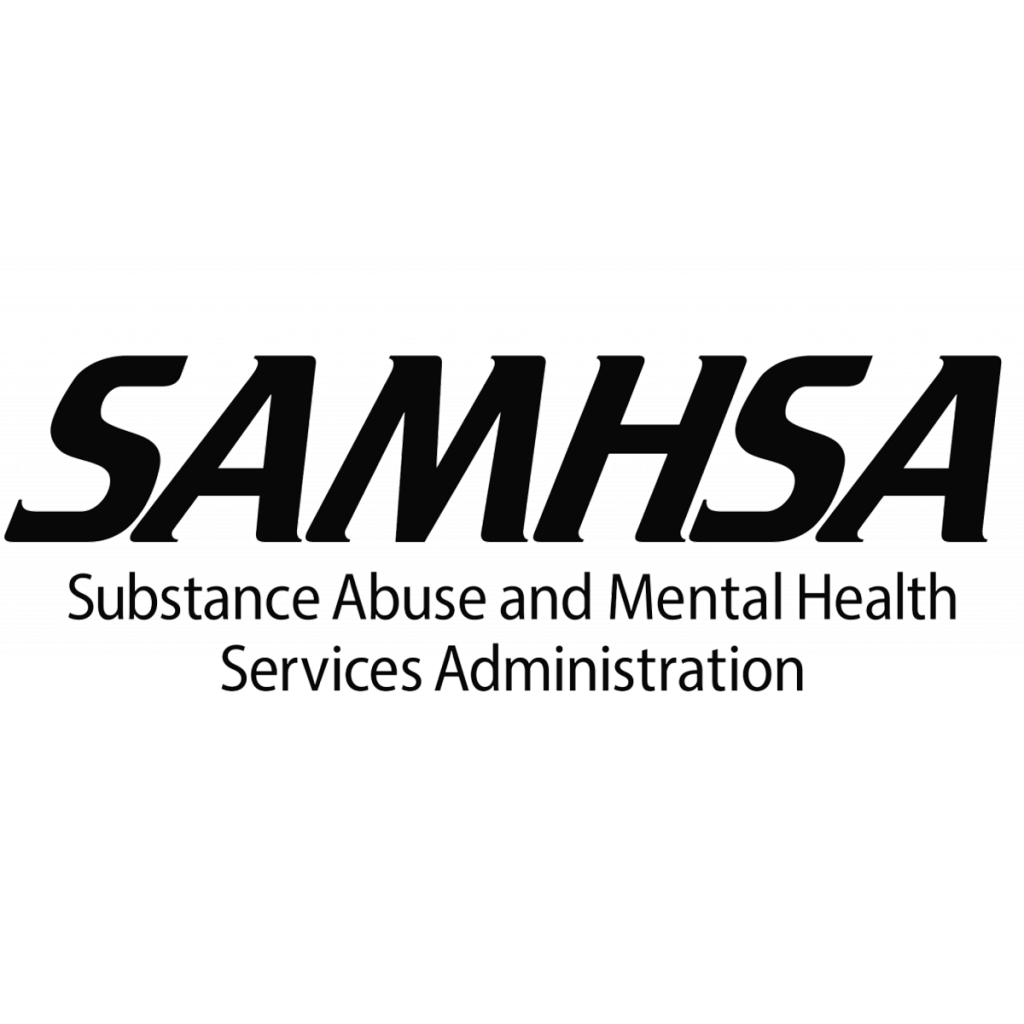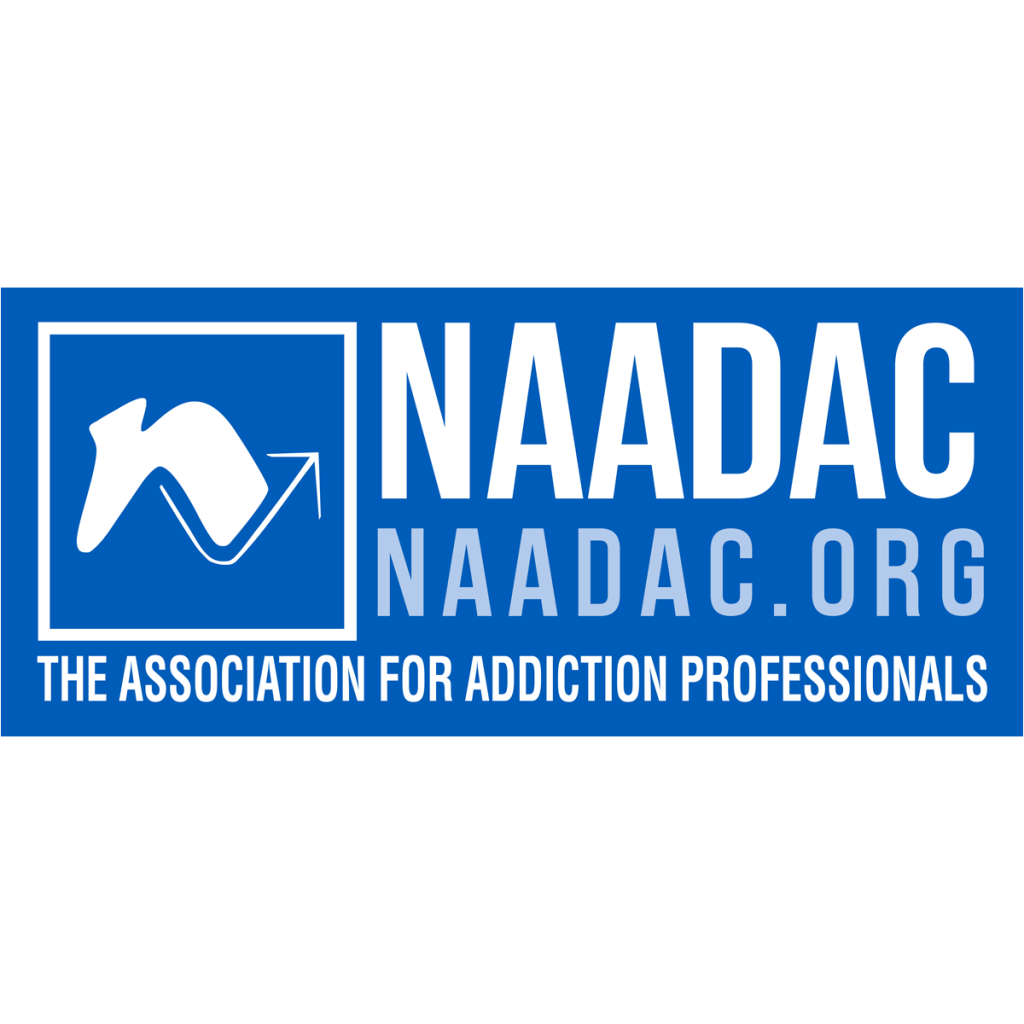
Table of Contents
Drug addiction is a complex and devastating problem that affects millions of individuals and their families. It can be hard to find the right treatment and support in Austin, Texas, with so many drug rehab options available.
If you or a loved one is struggling with drug addiction and are seeking help in Austin, this comprehensive guide is here to assist you. We gathered lots of info and tools to assist you in finding the right way to recover and rebuild your life. This guide will help you learn about treatment programs, support groups, and facilities. It will give you the information you need to make good choices as you work towards getting sober.
Understanding the Importance of Drug Rehab
Drug rehab plays a crucial role in helping individuals overcome drug addiction and achieve lasting recovery. Understanding the importance of drug rehab is essential for those seeking help in Austin, Texas. Here are some key reasons why drug rehab is crucial:
- Professional Guidance and Support: Drug rehab facilities in Austin provide professional guidance and support from highly trained and experienced addiction specialists. They have the expertise to assess individual needs, develop personalized treatment plans, and provide ongoing support throughout the recovery process.
- Safe and Supportive Environment: Drug rehab offers a safe and supportive environment where individuals can focus on their recovery without distractions or temptations. These facilities provide a structured setting that promotes healing and personal growth.
- Medical Supervision and Detox: Many individuals struggling with drug addiction require medical supervision during the detox process. Drug rehab centers in Austin offer medically assisted detox programs to help individuals safely and comfortably manage withdrawal symptoms.
- Psychological and Emotional Healing: Drug addiction often takes a toll on an individual’s mental and emotional well-being. Drug rehab programs use various therapies to treat psychological and emotional issues. These therapies include cognitive-behavioral therapy, counseling, group therapy, and holistic approaches.
- Education and Relapse Prevention: Drug rehab programs in Austin educate individuals about the nature of addiction, triggers, and coping strategies to prevent relapse. Learning about relapse prevention techniques equips individuals with the necessary skills to maintain sobriety even after leaving the rehab facility.
The Unique Aspects of Drug Rehab in Austin, Texas
Austin, Texas drug rehab stands out and is a great place for effective drug addiction treatment. It has special qualities that make it unique. People looking for help with drug addiction will find it beneficial. Here are some of the unique aspects of drug rehab in Austin:
- Thriving Recovery Community: Austin is known for its vibrant recovery community, with numerous support groups, addiction recovery meetings, and sober living houses located throughout the city. The recovery community helps people by giving them support and encouragement. It helps them connect with others who have had similar experiences and feel like they belong.
- Access to Holistic Therapies: Drug rehab centers in Austin often incorporate holistic therapies into their treatment programs. These therapies focus on healing the mind, body, and spirit, addressing the underlying causes of addiction and promoting overall wellness. Examples of holistic therapies offered in Austin may include yoga, meditation, acupuncture, art therapy, equine therapy, and outdoor recreational activities.
- Music and Creative Arts Scene: Austin is widely known as the Live Music Capital of the World, boasting a vibrant music and creative arts scene. Many drug rehab programs in Austin integrate music and creative arts therapies into their treatment plans. These therapies can serve as powerful tools for emotional expression, self-discovery, and coping with addiction-related challenges.
- Natural Beauty and Outdoor Activities: Austin is surrounded by natural beauty, offering ample opportunities for outdoor activities that can support the recovery process. People in drug rehab can benefit from spending time in nature. It reduces stress, improves mental health, and promotes overall well-being. They can enjoy hiking, biking, swimming, and visiting parks.
Finding the Right Drug Rehab Program in Austin
With the wide range of options available, it can seem overwhelming to navigate through the various programs. Here are some key factors to consider when finding the right drug rehab program in Austin:
Treatment Approach
Different drug rehab programs in Austin may utilize various treatment approaches. Understand program philosophy and methodology to see if it matches your beliefs and preferences. Some programs may focus on traditional evidence-based therapies, while others may incorporate holistic or alternative treatments. Decide if you want a program that uses both traditional and holistic methods or one that focuses on a specific therapy.
Level of Care
Austin drug rehab programs offer different levels of care, such as residential inpatient, intensive outpatient, partial hospitalization, or outpatient programs. The care you pick depends on how serious your addiction is, your personal duties, and your support system. If you require more structured and intensive treatment, a residential program may be the best option. On the other hand, if you have work or family commitments, an outpatient program that offers flexibility may be more suitable.
Dual Diagnosis Treatment
If you have a co-occurring mental health disorder, such as depression or anxiety, it is crucial to find a drug rehab program in Austin that offers dual diagnosis treatment. Dual diagnosis treatment addresses both substance abuse and mental health issues simultaneously, ensuring a comprehensive approach to recovery. Ensure that the program you choose employs licensed professionals who possess experience in treating co-occurring disorders.
Specialized Programs
Consider whether you have any specific needs or preferences when it comes to treatment. Some drug rehab programs in Austin have programs for specific groups, like gender-specific, faith-based, LGBTQ+, or professional programs. These specialized programs can provide a more targeted and supportive environment for individuals who share similar experiences and challenges.
Aftercare and Support
Recovery from drug addiction is an ongoing process that requires long-term support. When choosing a drug rehab program in Austin, inquire about the availability of aftercare services and ongoing support. Aftercare may include relapse prevention planning, alumni programs, support groups, and access to counseling or therapy. A program that offers robust aftercare and support can significantly increase your chances of maintaining long-term sobriety.
The Different Types of Drug Rehab Approaches Available
When it comes to drug rehab in Austin, Texas, there are various approaches and treatment options available. To find the right program for you, it’s important to know the different types and approaches available. Here are the main types of drug rehab approaches you can consider:
Inpatient Rehab
Inpatient drug rehab, also known as residential rehab, provides a highly structured and intensive level of care. Individuals reside at the rehab facility for an extended period, usually ranging from 28 days to several months.
Inpatient rehab offers a safe and controlled environment where individuals receive 24/7 support, therapy, and medical care. This program is for individuals with severe addiction. It is also for those who require detox. Additionally, it is for individuals who wish to concentrate on their recovery in a different environment.
Outpatient Rehab
Outpatient drug rehab allows individuals to live at home while attending therapy sessions and participating in treatment programs during the day. This type of program offers flexibility and allows individuals to continue with their daily responsibilities such as work or school. Outpatient rehab is for people with a mild to moderate addiction, a stable home, and a strong commitment to recovery. It provides ongoing support while allowing individuals to maintain their daily routines.
Intensive Outpatient Programs (IOP)
Intensive outpatient programs (IOP) provide a higher level of care compared to traditional outpatient rehab. Individuals in IOP attend therapy sessions and treatment programs several days a week for several hours each day. This level of care is more structured and provides a more intensive approach to recovery. IOP is for people who need more help than regular outpatient rehab but don’t need constant residential care.
Partial Hospitalization Programs (PHP)
Partial hospitalization programs (PHP) offer a comprehensive and structured treatment approach. People in PHP go to therapy and treatment during the day, like inpatient rehab, but can go home in the evening.
PHP offers more care than outpatient programs. It is designed for people who do not require constant residential care. However, they still need intense support and a structured treatment setting.
Holistic or Alternative Rehab
Alternative rehab treats the whole person, not just addiction, but also physical, emotional, and spiritual well-being. These approaches may include therapies such as yoga, meditation, acupuncture, art therapy, and equine therapy. Holistic rehab offers a more holistic and personalized approach to recovery, considering the unique needs and preferences of each individual.
Creating a Support System During Drug Rehab
Drug rehab is a challenging journey that requires not only personal commitment but also a strong support system. Creating a support system is important for your recovery and can keep you motivated and focused on your goals. Here are some essential steps to creating a support system during drug rehab:
- Reach out to Family and Friends: Your loved ones can provide invaluable support during your recovery journey. Talk to your family members and close friends about your decision to seek treatment and ask for their support. Having a strong network of loved ones who understand and encourage your recovery can make a significant difference in your success.
- Attend Support Groups: Support groups, such as Alcoholics Anonymous (AA) or Narcotics Anonymous (NA), provide a safe and non-judgmental space where you can connect with others who are going through similar experiences. These groups offer a platform for sharing your struggles, receiving guidance, and learning from others who have successfully overcome addiction.
- Engage in Individual Therapy: Individual therapy sessions with a licensed therapist or counselor can provide you with personalized support tailored to your specific needs. A therapist can help you explore underlying issues contributing to your addiction, develop coping strategies, and provide guidance throughout your recovery.
- Seek Out Sober Living Communities: Sober living communities offer a supportive living environment for individuals in recovery. These communities provide structured housing and a supportive community of individuals who are committed to sobriety. Living in a sober living community helps you move from drug rehab to independent living with support and accountability.
The Role of Aftercare in Long-Term Recovery
After completing a drug rehab program, the journey to recovery is far from over. In fact, maintaining sobriety and preventing relapse requires ongoing commitment and support. This is where aftercare plays a crucial role in long-term recovery.
The role of aftercare in long-term recovery is multifaceted and encompasses various components, including:
- Ongoing Therapy Sessions: Aftercare often includes regular therapy sessions with a licensed therapist or counselor. These sessions provide a safe and confidential space for individuals to discuss any challenges or triggers they may be facing in their everyday life. Through therapy, individuals can continue to work through underlying issues and develop effective coping strategies to maintain their sobriety.
- Support Group Meetings: Support group meetings, such as Alcoholics Anonymous (AA) or Narcotics Anonymous (NA), are an integral part of aftercare. These meetings provide a supportive community of individuals who have experienced similar struggles and can offer guidance and encouragement. Attending support group meetings regularly helps individuals stay connected and accountable on their journey to recovery.
- Access to Resources and Referrals: Aftercare programs often provide individuals with access to various resources and referrals. These may include vocational training programs, educational opportunities, job placement assistance, and housing support. By connecting individuals with these resources, aftercare programs help them rebuild their lives and reintegrate into society.
- Relapse Prevention Planning: Relapse prevention planning is a crucial aspect of aftercare. Individuals in aftercare receive guidance on identifying potential triggers, developing effective coping mechanisms, and creating a relapse prevention plan. This plan outlines strategies and actions to take in order to maintain sobriety and prevent relapse in challenging situations.
Sober Fun Points of Interest in Austin, Texas
Austin, Texas has a renowned lively music and nightlife scene, but it also provides activities that don’t revolve around alcohol. For those who abstain from drinking or drug use, Austin has a plethora of enjoyable spots to explore. This applies to both individuals in recovery and those who are not. Here are some top recommendations:
- South Congress Avenue: South Congress Avenue, or SoCo, is a vibrant neighborhood filled with local shops, restaurants, and live music venues. You can spend the day browsing unique boutiques, enjoying delicious food from food trucks, and soaking up the eclectic atmosphere.
- LBJ Presidential Library: For history enthusiasts, the Lyndon Baines Johnson Presidential Library is a must-visit. Explore exhibits that cover the life and presidency of Lyndon B. Johnson, including the Civil Rights Movement and the Vietnam War.
- The Blanton Museum of Art: Located on the University of Texas at Austin campus, the Blanton Museum of Art houses a collection of over 18,000 works of art. From ancient to contemporary art, there is something to pique everyone’s interest.
- Austin Nature and Science Center: If you’re looking to connect with nature, the Austin Nature and Science Center is a perfect destination. It offers educational exhibits, interactive displays, and hiking trails where you can learn about local wildlife and ecosystems.
- Mount Bonnell: For breathtaking views of the city, head to Mount Bonnell. It’s a short hike to the top, and once you’re there, you can enjoy panoramic vistas of the Colorado River, downtown Austin, and the surrounding Hill Country.
Recovery With Nova
At Nova Recovery Center, Houston we provide our patients with a very comfortable detox process, where medical professionals provide monitoring and care around the clock. You will be provided with all the medications you need to combat the withdrawal symptoms. You will enroll in the in-patient recovery program where you’ll learn to stay away from drugs, through counseling, group therapy, and so on.
Nova Recovery Center commits to helping you overcome your addiction so you can get back to what is most important to you. If you or someone you know are struggling with addiction, Nova Recovery Center can provide support. We have locations in Austin, Houston, and Wimberley Texas. Call today to begin your journey in recovery at (888) 428-1501.





